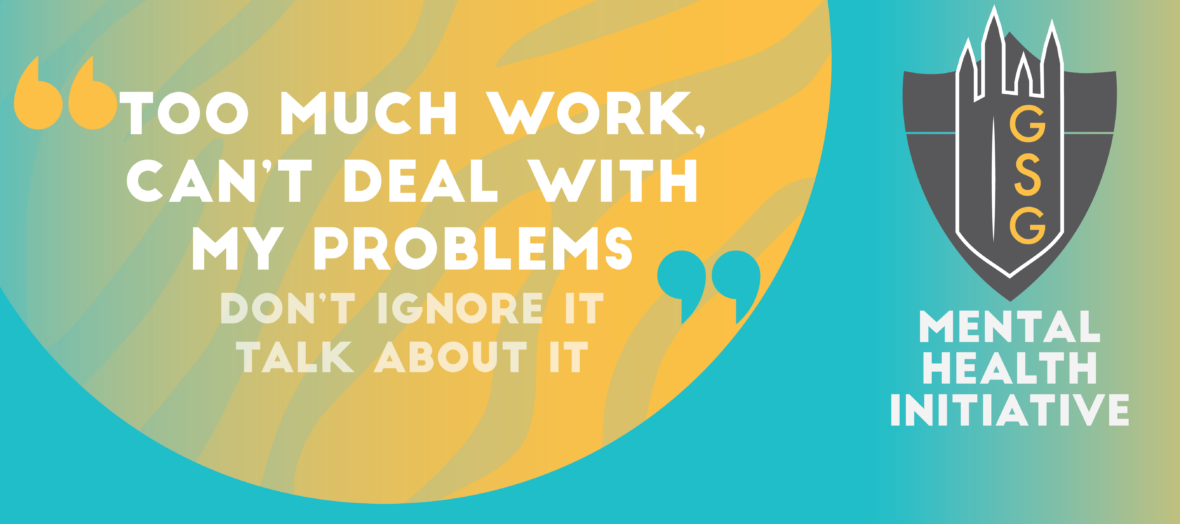I’m going to start off plain and clear, because this is the source of my mental health challenges. I have a terrible mood disorder. Anything less than 6 hours of sleep throws me off such that my mind literally cannot stop thinking even though I am exhausted, and I have depressive thoughts that could compel me to jump off a cliff (literally). At the same time, when I have slept, I have an inordinate amount of energy. I can coordinate plans with 20 people/groups at the same time, sit in front of my computer for 7 hours finishing a project, which my advisors sometimes find incredulous. I am tutoring and reading and cooking and running and keeping a meticulous home and spending quality time with my husband, and… not stopping.
By default, my brain decides it wants to live in extremes. This is not amenable to life. Needless to say, the mysterious, intangible qualities of quarantining just 10x all of my struggles. It sucked, and still sucks sometimes, but I don’t give up.
And neither does a village of support behind me, which truly, I am extremely blessed to have. They are the reason I am stable and whole as a person. I have an amazing therapist and psychiatrist, and I do additional talk therapy. For those who count the number of hours per week, my self care is a total of 2.5 hours/week, and 4.5-5.5 hours/week if I’m not too lazy to work out, with 6/7 hours of sleep every night. I used to say “I don’t have time for all this”, but when I objectively looked at the numbers, I realized that those 2-5.5 hours were the same as me mindlessly wasting my time. And those hours have, and continue to add immense value to my life.
Finally, I have friends, family, and in-laws who give me unwavering love and support. They, and my disciplined efforts, are the reason I find hope in myself and the situations I find myself in. I cannot tell you how much I wish every struggling person could have what I do. Please, look for and take advantage of the resources Princeton offers, because Princeton makes it more possible to create this network of support for you than most other places. I acknowledge that the resources I have are a privilege. And I am just too lucky to be as loved as I am. I hope you have that too. It’s actually not a mushy concept that love goes a long way.
I am stressed and so are you. But I’m not alone and neither are you. With the right kinds of support, and empathy, we can overcome our struggles one by one in the time it’ll take. Let’s remember that as individuals and a community, because…we got this!”










